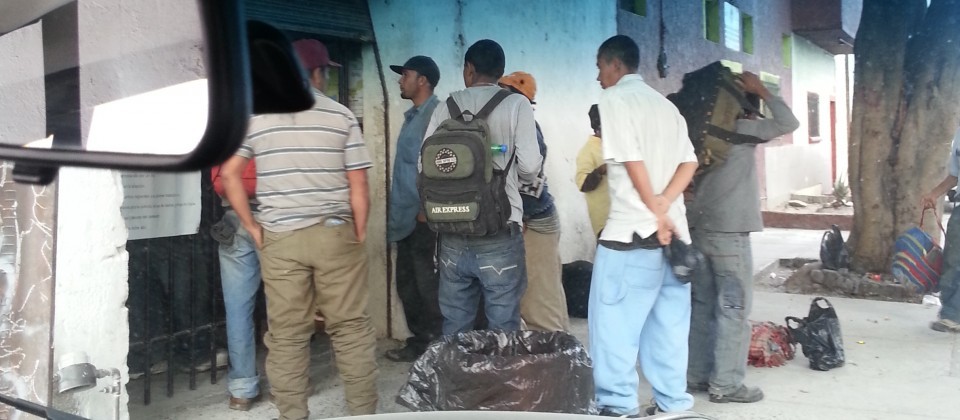Mario Bruzzone – University of Wisconsin-Madison – Department of Geography
My scholarship interprets the economic role of transit migrants traveling through Mexico as a coherent structural phenomenon. Over the past several years, as Central American transit migration through Mexico has dramatically increased, thousands of migrants work along the way. They are often without the means to travel from border-to-border directly. This situation has augmented existing opportunities and brought new possibilities for migrant-worker exploitation and wealth accumulation by local landholders, state authorities, and capitalist firms. Work tends to stratify by (a) route of travel, (b) migrant survival strategy, and (c) economic sector of employment. Not all employers so positioned have chosen to capitalize on these opportunities for exploitation—indeed, some smallholders (in particular) claim that marginal returns all accrue to the migrant laborers. In addition, we see the surfacing of variety of non-wage work, including share work, piece work, begging, work-trade, neo-serfdom, and forced labor. Structurally, because migrant delay and mobility/immobility are configured by state and state-like capacities to regulate the inclusion and the circulation of bodies through Mexican territory, institutions play a very active part in this political economy. Simultaneously, migrants talk, communicate, and may work together to win better wages, working conditions, or forms of social integration. Investigating these regularities through mixed survey and ethnographic methods, my work makes the case that migration flows of Central Americans crossing Mexico toward the United States constitute a set of migration economies.
Twitter: @mario_bruzzone


Leave a Reply